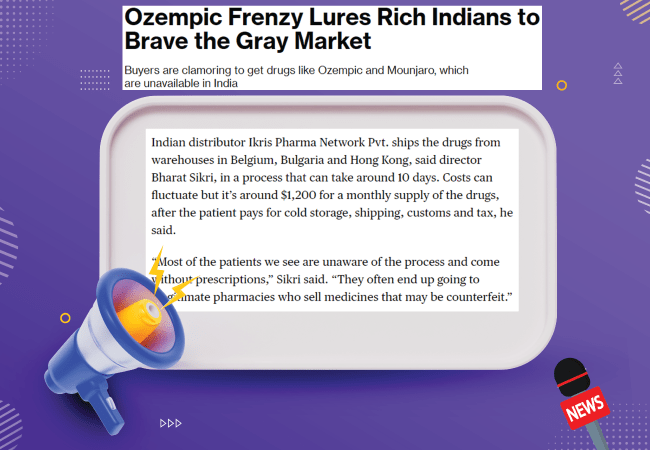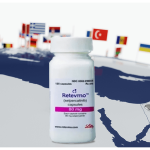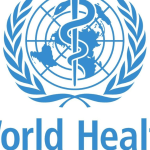As global demand for weight-loss drugs like Ozempic and Mounjaro surges, affluent Indians are going to great lengths to secure these coveted medications. With these drugs unavailable domestically due to global supply shortages, many are turning to the gray market, where they face high costs and potential health risks.
The buzz around these medications, fueled by extensive media coverage, has contributed to a burgeoning anti-obesity drug market that Goldman Sachs Research projects could reach $130 billion by 2030. However, Indians have been largely sidelined from this trend. Novo Nordisk’s Ozempic and Wegovy and Eli Lilly’s Mounjaro and Zepbound are not expected to be available in India soon. Novo Nordisk confirmed that while it has no plans to launch Ozempic, it is working on making Wegovy accessible. Eli Lilly has remained silent on its Indian market plans.
In the absence of these drugs, a gray market has flourished. Wealthy individuals are importing medications from Europe, buying counterfeit versions online, and even smuggling them in carry-on luggage. This demand underscores the desperate measures people are willing to take, raising significant health concerns.
Dr. Anjali Hooda, a prominent figure in New Delhi’s high-end cosmetology and metabolic treatment scene, caters to a clientele that includes celebrities, expatriates, and affluent locals. Many seek prescriptions for these weight-loss drugs, but not all qualify. Dr. Hooda recently refused to prescribe Ozempic to a young woman aiming to lose just 4 kilograms, advising her against using the drug without proper medical justification.
The success of these drugs internationally has highlighted the gap in the Indian market. Ozempic and Wegovy, launched by Novo Nordisk, have become cultural touchstones in weight management, generating billions in revenue. Eli Lilly’s Zepbound, anticipated to be the best-selling drug ever, has further intensified the global demand. Meanwhile, India, with the third-largest obese population worldwide, is left grappling with limited options. According to IMARC Group, India has about 80 million obese and 225 million overweight individuals.
The gray market offers a range of alternatives. Platforms like IndiaMart and ExportersIndia.com list weight-loss injectables at a fraction of U.S. prices. Chemists in cities like New Delhi and Mumbai bring in treatments from countries such as the UAE and Egypt, selling bulk packs for cash. The quality and authenticity of these drugs remain dubious, posing significant health risks.
Pharmaceutical distributors like Ikris Pharma Network Pvt. provide a legal but costly alternative. Director Bharat Sikri explains that importing these drugs from Europe involves high expenses for cold storage, shipping, customs, and taxes, totaling around $1,200 for a monthly supply. Sikri notes that many patients lack awareness of legitimate procurement processes, often falling prey to counterfeit medications from illegitimate sources.
Bloomberg’s investigation highlights the complexities and risks associated with the gray market for weight-loss drugs in India. Despite the high demand and potential health benefits, the scarcity of legitimate options forces many into dangerous and expensive alternatives, emphasizing the need for greater accessibility and regulation in the Indian market.
Reference:
Weight-Loss Desperation: How India’s Rich Are Navigating the Gray Market






